No one saw it coming, least of all disabled people or the carers who work in the sector.
However, a brief exchange at a Kanturk supermarket in Co Cork catapulted the issue of disabilities to the fore during the recent election campaign.
Care worker Charlotte Fallon resolutely highlighted the issue of pay for workers and her concern for disabled people during a canvass by Fine Gael Leader Simon Harris.
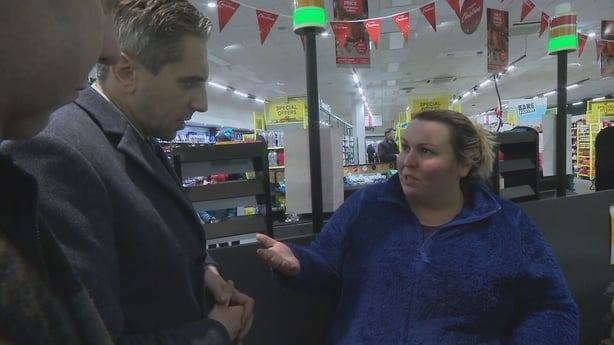
Suddenly, disability joined issues like housing, homelessness and the cost-of-living at the top of the election debate.
The Programme for Government states that there will be "a step change" in the supports and services required by people with disabilities.
The first step has been the announcement that a new unit which will focus on disability will be established in the Department of the Taoiseach.
By doing so, it adds weight, urgency and focus to the issue.
It is not unprecedented. Former taoiseach Leo Varadkar established a child poverty unit and it remained in place for the duration of the last government.
It oversaw the introduction of hot school meals being rolled out nationwide, which was widely welcomed, however, child poverty remains an issue.
The Child Poverty Office will remain for the lifetime of the current Government "to break down silos between departments and drive delivery of measures aimed at reducing child poverty".
Among those feeding into that unit will be Minister for Children Norma Foley.
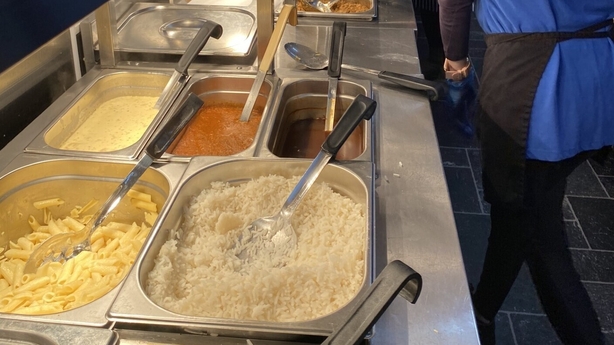
It's likely that the move from education will be a smooth transition for the Fianna Fáil Minister.
Indeed, Minister Foley faces a more manageable prospect than the expansive department that her predecessor Green Party leader Roderic O'Gorman faced.
Working alongside her will be Fine Gael Minister of State Hildegarde Naughton, who has responsibility for disability.
She picks up the role from her former Galway East Fianna Fáil colleague Ann Rabbitte.
Many in the sector viewed Ms Rabbitte's determination in calling organisations like the HSE out - when it came to safeguarding in particular - was exactly what was needed.
However, this did not always go down well with officials in the Department of Health, where disability was located.
Now viewed from a social care perspective, disability transferred to the Department of Children towards the end of the last government’s term, where it was widely viewed as a better fit.
In a Cabinet that many have decried as being devoid of women, two will be at the helm in this department and they face considerable work.
The waiting list for assessment of needs is substantial and there is significant worry that children are regressing in the meantime.
Finding staff to undergo assessments is just one problem in this area, as it was for the last government. Minister Foley will need to question that this can be solved.
Despite the aforementioned unit in the Office of the Taoiseach, child poverty remains a reality for many.
In 2023, one in five children (260,7731) were living in households unable to afford goods and services which are considered the norm for society, like a new pair of shoes for a child or not being able to replace broken furniture.
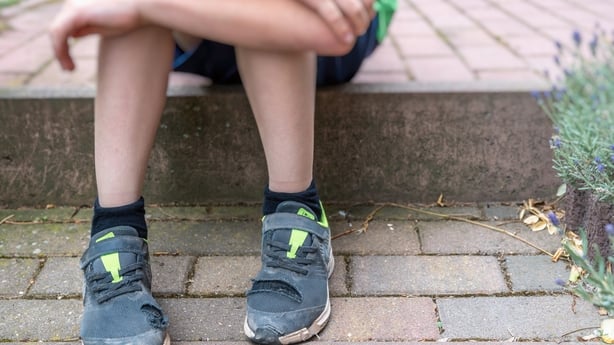
Then there’s child homelessness. In November 2024, there were 4,658 children living in emergency accommodation - almost double the number in 2020.
Children who are living in the international protection accommodation service is a concern.
In 2023, the Ombudsman for Children submitted a special report to the Houses of the Oireachtas, due to inaction by the government to implement recommendations previously proposed regarding children in Direct Provision, now known as IPAS.
Children who are in the care of the State about whose welfare and predicaments judges have been vocal, are also of concern.
This was highlighted by the Child Law Project ,which attended and reported on family courts, through funding from the Department of Children.
That funding has ended, and with it, reporting on the most vulnerable cases, leading to concerns over State transparency and accountability.
Additionally, many who work in children’s services also believe that there needs to be more ministerial oversight of Tusla, the Child and Family Agency.
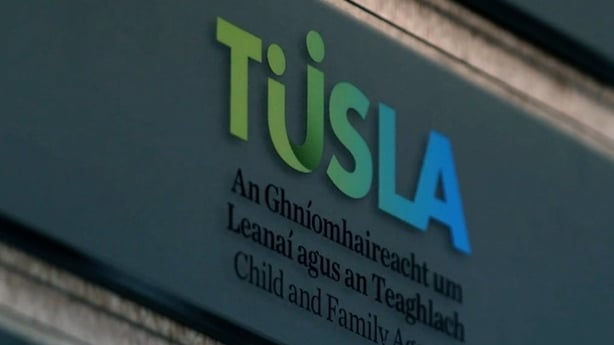
Minister Hildegarde Naughton will be spending much of her time meeting disabled people, families and representative organisations to get a full grasp as to how they are being impacted on the ground.
Parents need respite, and if the Government is so resolute in de-congregating settings, it requires services and investment to move from its current state of emergency when a parent gets ill, or in some cases passes away.
Many of the issues facing ministers Foley and Naughton have tentacles in other departments, no less so than the Department of Social Protection where Fianna Fáil's Dara Calleary has taken up the reigns.
Disabled people are only half as likely to be in employment as others of working age.
While the reasons for this are complex according to the National Disability Authority, they include fears around loss of benefits, the level of education and skills, employer know-how, low expectations and limited re-entry to work following the onset of a disability.
A proposal to reform disability payments outlined in a Department of Social Protection Green Paper suggesting a three-tiered system based on a persons disability was scrapped by the former minister Heather Humphreys last year.
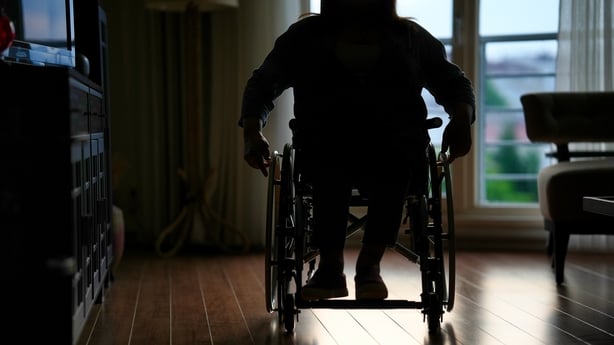
She maintained it was a discussion paper and therefore, never set in stone, however, it diminished confidence amongst the disabled community in the department.
Minister Calleary will need to rebuild that relationship in an effort to find a way for more disabled people to enter the workforce if they wish to do so.
Means testing the carers allowance was also a big issue during the election campaign.
The Programme for Government has committed to significantly increasing the income disregards for Carer’s Allowance in each budget with a view to phasing out the means test during the lifetime of the Government.
It's a substantial commitment and an expensive one for which the minister will be responsible.
Another commitment of the Government is to deal with the housing and homelessness crisis, which was the biggest issue for voters in Election 2024.
Promises to build record levels of social homes have been made and considering the target for 2024 was short by almost 10,00, new Minister for Housing James Browne will be answerable when it comes to forecasts.
He will also be answerable when the homeless figures are published by his department at the end of each month.
More than 15,000 people are now living in emergency accommodation including 4,658 children.
This does not include people in hidden homelessness, who are couch surfing, staying with friends or family on a temporary or long-term basis or people who are living out of cars or vans.
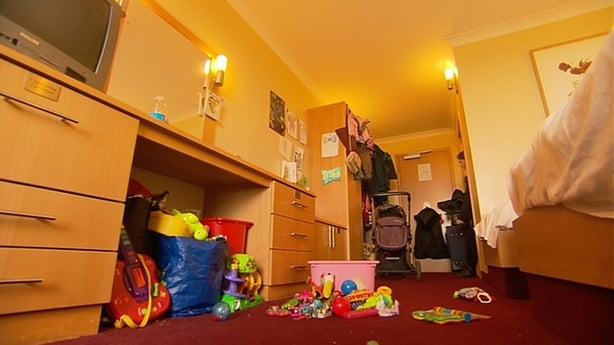
Asylum seekers who arrive and are not offered State accommodation are also not included in the figures.
In December 2023, the Department of Integration stated there was insufficient capacity to accommodate all people seeking international protection.
While it stated most people had found their own accommodation, some had been forced to sleep rough.
As of December 2024, over 3,000 asylum seekers were not offered accommodation.
Lack of accommodation has not deterred people from seeking international protection in Ireland.
There was a 40% increase in applications in 2024 (18,561) compared to 2023 (13,264).
Immigration is now the responsibility of the Department of Justice and Minister Jim O’Callaghan.
By moving immigration back to Justice, the hope is that the approach to international protection will be less fractured and fragmented.
However, those who are advocates of integration are concerned that the humanity required for those seeking refuge may not be a priority of the department.
The current location of the IPO is in Minister O’Callaghan's constituency of Dublin Bay South, which saw tent encampments on the streets and along the canal.
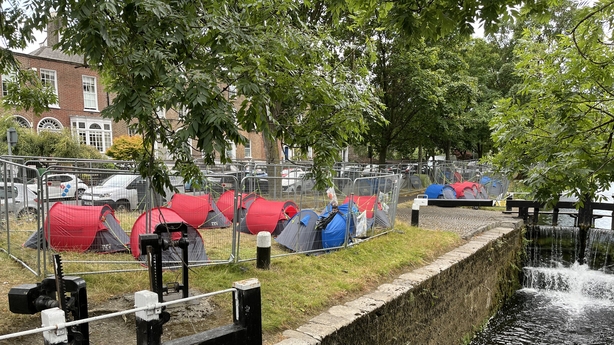
Minister O'Callaghan has previously voiced his preference for decentralisation of the International Protection Office to multiple locations.
He has also expressed a preference for a more digitised approach to the application process.






